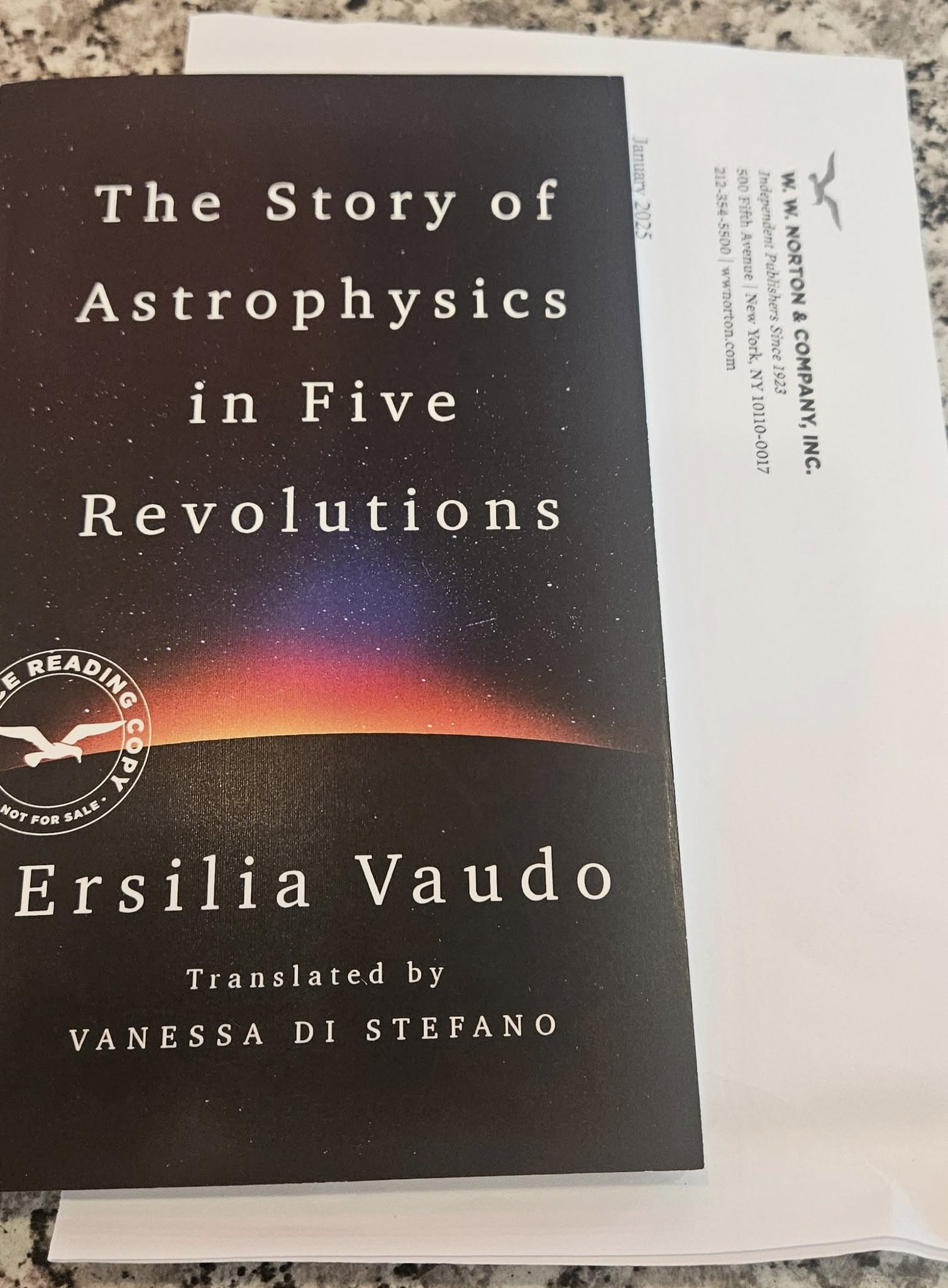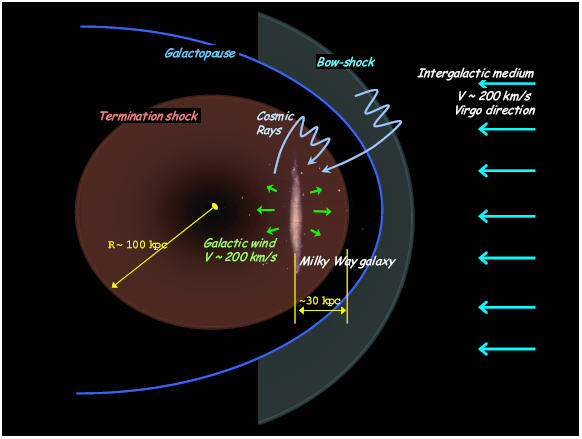 Safe Water May Be Killing You
Safe Water May Be Killing YouThe drinking water treatment process is designed to remove harmful pathogens that are prevalent...
 'Here Is The Letter That Has Destroyed My Universe' And 4 More Astrophysics Revolutions
'Here Is The Letter That Has Destroyed My Universe' And 4 More Astrophysics RevolutionsOn this day, April 25, in 1929, the world learned how astronomer Edwin Hubble had discovered that...
 Big Organic Continues To Oppose Food That Uses No Pesticides
Big Organic Continues To Oppose Food That Uses No PesticidesI get pitches for stories every day and sometimes I want to see if the world that opposes science...
 No Goldilocks, Webb Telescope Didn't Discover Life On K2-18b
No Goldilocks, Webb Telescope Didn't Discover Life On K2-18bK2-18b, detected in 2015, orbits a star 124 light years away. Though it is over 800% as large as...










